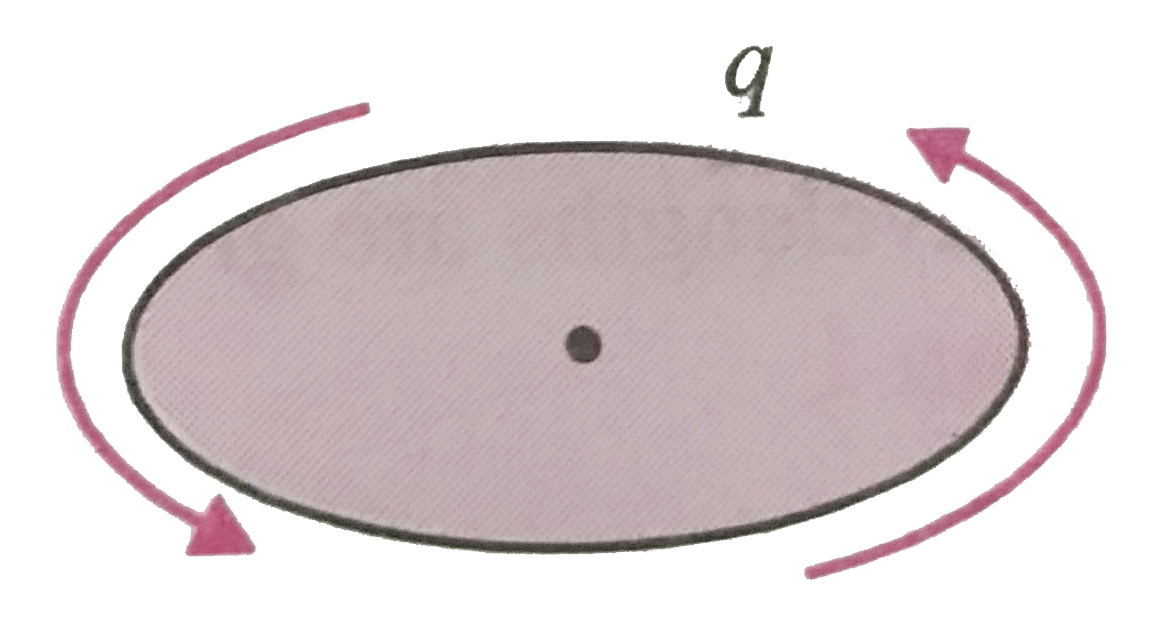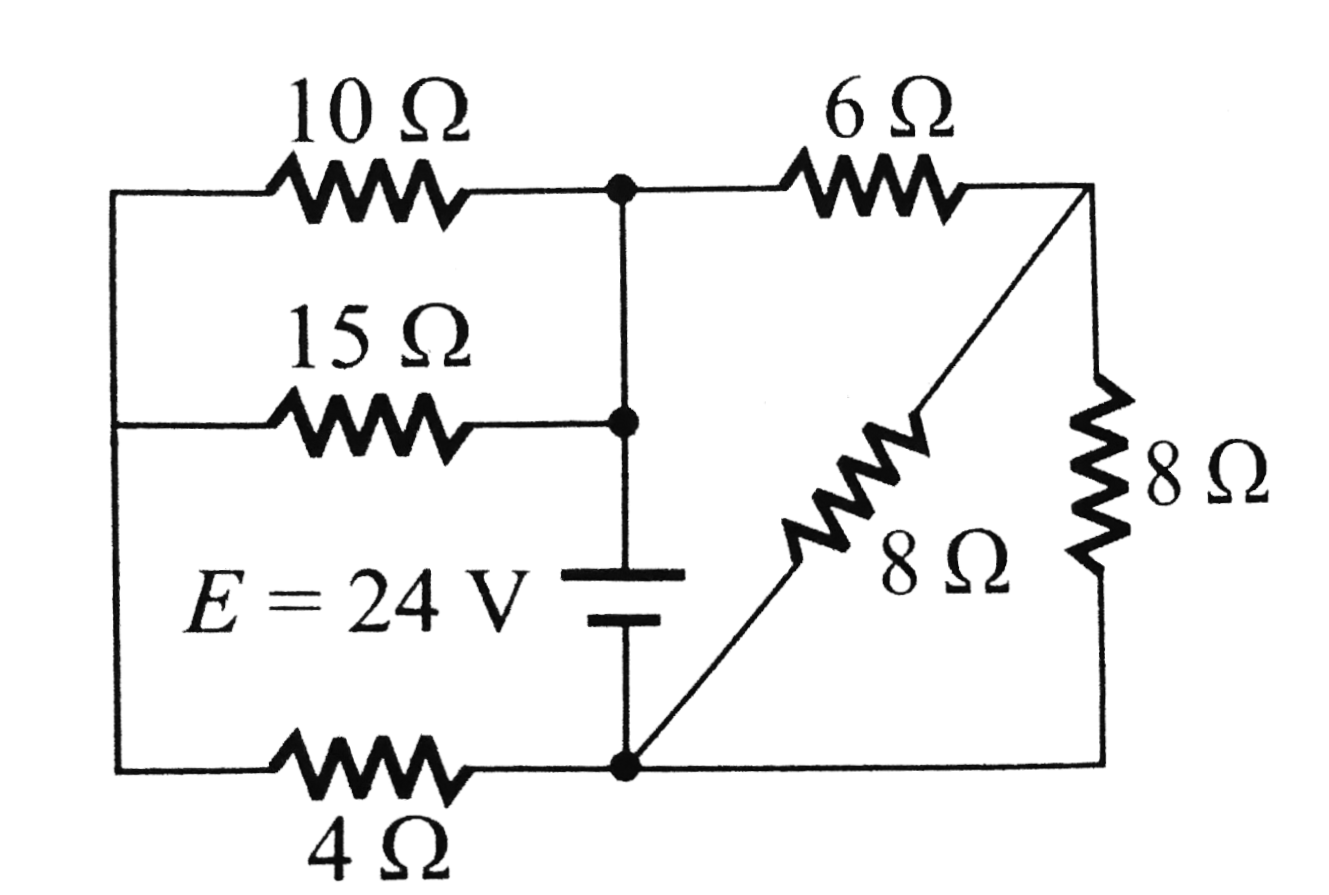The fundamental source of e.m. waves
is varying magnetic field
constant magnetic and electric fields
are continous oscillations of electric charge
is planets
The correct Answer is:C
Step-by-Step Solution:
1. Understanding Electromagnetic Waves (EM Waves):
- Electromagnetic waves (EM waves) are transverse waves that consist of oscillating electric and magnetic fields. They can propagate through a vacuum, meaning they do not require a medium to travel.
2. Identifying the Fundamental Source:
- We need to determine the fundamental source of EM waves from the given options:
1. Varying magnetic field
2. Constant magnetic and electric field
3. Continuous oscillations of electric charge
4. Planets
3. Analyzing Each Option:
- Option 1: Varying Magnetic Field:
- While a varying magnetic field can contribute to the generation of EM waves, it is not the fundamental source by itself, as it requires an oscillating electric field.
- Option 2: Constant Magnetic and Electric Field:
- A constant field does not lead to the generation of EM waves. EM waves are produced by changing fields, not constant ones.
- Option 3: Continuous Oscillations of Electric Charge:
- This is the correct option. When an electric charge oscillates, it creates a changing electric field, which in turn generates a magnetic field. The continuous oscillation of electric charge leads to the creation of both electric and magnetic fields that propagate as EM waves.
- Option 4: Planets:
- Planets themselves do not generate EM waves in the context of electromagnetic radiation. They may reflect or absorb EM waves but are not a source of them.
4. Conclusion:
- The fundamental source of electromagnetic waves is the continuous oscillations of electric charge (Option 3).
Final Answer:
The fundamental source of electromagnetic waves is continuous oscillations of electric charge.
---
- Electromagnetic waves (EM waves) are transverse waves that consist of oscillating electric and magnetic fields. They can propagate through a vacuum, meaning they do not require a medium to travel.
- We need to determine the fundamental source of EM waves from the given options:
1. Varying magnetic field
2. Constant magnetic and electric field
3. Continuous oscillations of electric charge
4. Planets
- Option 1: Varying Magnetic Field:
- While a varying magnetic field can contribute to the generation of EM waves, it is not the fundamental source by itself, as it requires an oscillating electric field.
- Option 2: Constant Magnetic and Electric Field:
- A constant field does not lead to the generation of EM waves. EM waves are produced by changing fields, not constant ones.
- This is the correct option. When an electric charge oscillates, it creates a changing electric field, which in turn generates a magnetic field. The continuous oscillation of electric charge leads to the creation of both electric and magnetic fields that propagate as EM waves.
- Planets themselves do not generate EM waves in the context of electromagnetic radiation. They may reflect or absorb EM waves but are not a source of them.
- The fundamental source of electromagnetic waves is the continuous oscillations of electric charge (Option 3).
The fundamental source of electromagnetic waves is continuous oscillations of electric charge.
Topper's Solved these Questions
- ELECTRO MAGNETIC WAVESBOOK - RESONANCE ENGLISHCHAPTER - ELECTRO MAGNETIC WAVESEXERCISE - Exercise 2
6 Videos
- ELECTRO MAGNETIC WAVESBOOK - RESONANCE ENGLISHCHAPTER - ELECTRO MAGNETIC WAVESEXERCISE - Exercise 3
27 Videos
- ELECTRO MAGNETIC WAVESBOOK - RESONANCE ENGLISHCHAPTER - ELECTRO MAGNETIC WAVESEXERCISE - Exercise 3
27 Videos
- DAILY PRACTICE PROBLEMBOOK - RESONANCE ENGLISHCHAPTER - DAILY PRACTICE PROBLEMEXERCISE - DPP.No.71
1 Videos
- ELECTRODYNAMICSBOOK - RESONANCE ENGLISHCHAPTER - ELECTRODYNAMICSEXERCISE - Advanced level problems
31 Videos
Similar Questions
Write the equation for the fundamental standing sound waves in a tube that is open at both ends. If the tube is 80cm long speed of wave is 330m/s . Represent the amplitude of the wave at an antinode by A .
View SolutionThree equal resistances connected is series across a source of e.m.f consume 20 watt. If the same resistor are connected in parallel across the same source of e.m.f., what would be the power dissipated ?
View SolutionAssertion: A charge moving in a circular orbit can produce em wave.

Reason: The source of em wave should be in accelerted motion.
View SolutionIf a man at the equator would weight (3/5)th of his weight, the angular speed of the earth is:
View SolutionThe equivalent resistance across the terminals of source of e.m.f. 24V for the circuit shown in the figure is

View SolutionThe length of an organ pipe open at both ends is 0.5 m. Calculate the fundamental frequency of the pipe, if the velocity of sound in air be 350 m/s. If one end of the pipe is closed then what will be the fundamental frequency ?
View SolutionIf the speed of a transverse wave on a stretched string of length 1 m is 60ms−1, what is the fundamental frequency of vibration ?
View SolutionThe source of electromagnetic waves can be a charge.
View SolutionThe source of electromagnetic waves can be a charge.
View SolutionThe frequency of e.m wave which is best suit to observe a particle of radius 3×10−4cm is of order of:
View Solution
